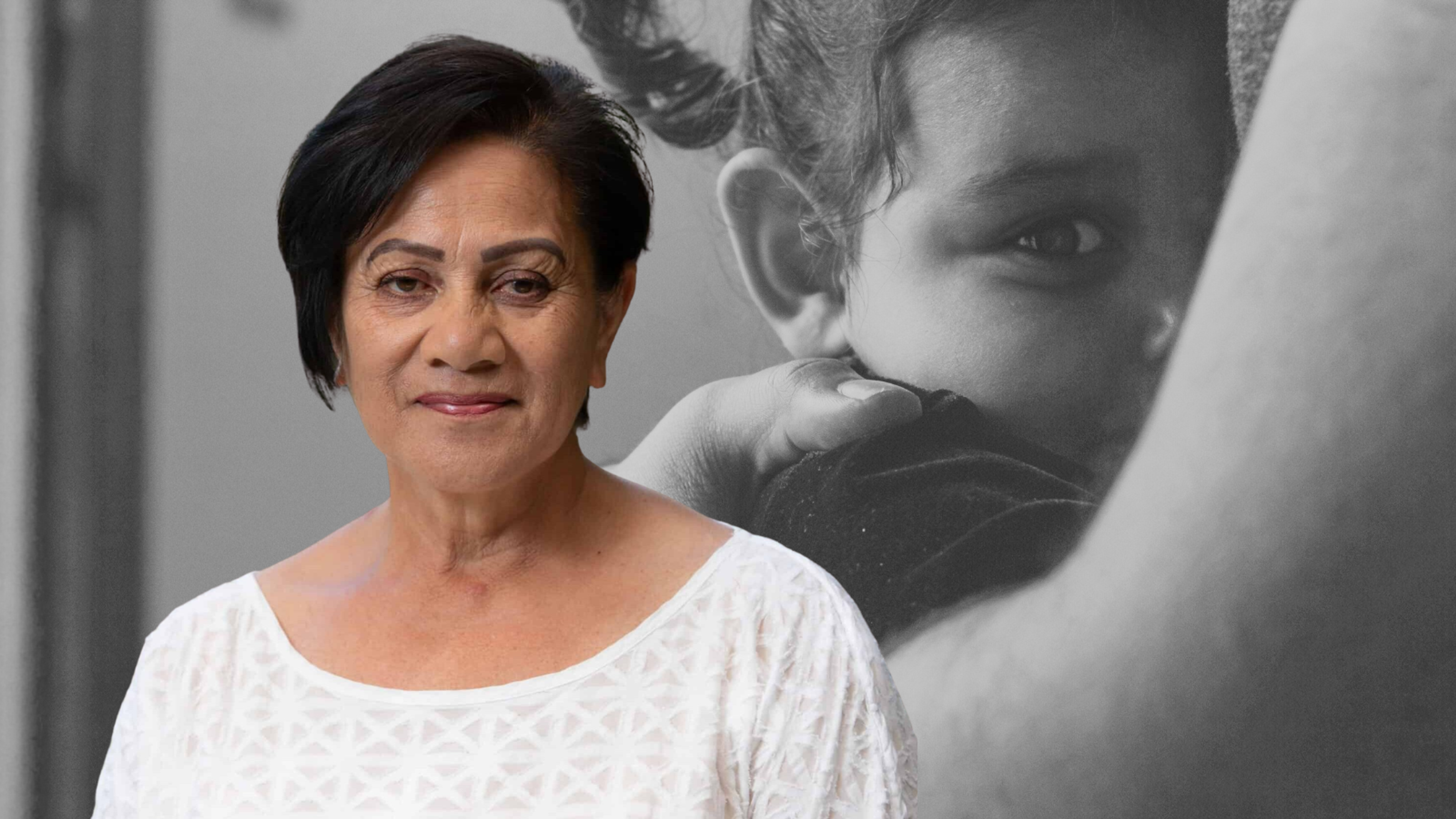

Tuvalu's climate change minister, Dr Maina Talia
Photo/John Pulu
'Scary': Tuvalu's climate change minister on island nation's future
Tuvalu's Coastal Adaptation Project aims to protect against rising sea levels, reclaiming higher land and safeguarding agriculture from frequent king tides.



Naval officers face charges over sinking of HMNZS Manawanui

‘Don’t suffer in silence’: Pacific families see spike in violent crime

Realm relations in focus as Tokelau-NZ marks 100 year history


Pacific-led building company redesigning the intergenerational housing deficit in NZ

Naval officers face charges over sinking of HMNZS Manawanui

‘Don’t suffer in silence’: Pacific families see spike in violent crime

Realm relations in focus as Tokelau-NZ marks 100 year history
Tuvalu’s Climate Change Minister said a recent coastal adaptation project is an assurance that their people can continue to live on their island.
Dr Maina Talia has been Tuvalu's Climate Change Minister since the beginning of this year.
Originally from the outer island of Vaitupu, he said since moving to the main island of Funafuti the change of weather events have been devastating.
“Normally we have king tides between Feb and March but now every full moon we have king tides so it’s very devastating.
“It’s not just the properties that are being damaged by the king tides but also the agriculture. It makes it very difficult for our people to plant, especially our traditional way of planting and engaging in the agriculture sector.”
In recent efforts to protect the island nation, the Tuvalu Coastal Adaptation Project is leading the country’s response when it comes to climate adaptation.
UN Project Coordinator Dr Jehangir Khan said it involves the reclamation of land that is higher and will remain above sea levels.
“It’s a big project that’s green climate funded. The total volume of the project is 40.2 million dollars … the purpose is to mitigate the impact of climate change in Tuvalu.”
He said similar projects in the outer islands are taking place which involve putting a two-meter protection on top of the highest point to protect the population from flooding and sea rise.
The reclaimed land in Funafuti is the island’s highest point at 5.8 meters above sea level and for many living in Tuvalu is a glimpse of hope that they can still remain in their homeland.
Dr Talia said, “these kinds of projects that we are doing, reclaiming the land and protecting our shorelines is an assurance that we can still survive.”
According to NASA, sea levels in Tuvalu are almost six inches higher than 30 years ago and is expected to double by 2100.
Dr Talia said the effects from climate change on the island is getting scary and that more action needs to be done.
“If you ask any Tuvaluan about which cyclone will be remembered by them, it would the Cyclone Pam that hit us in 2015.
“The whole of Tuvalu was impacted but especially the wave in Nui that came through and seeped through all the way to the other side of the island and devastated I would say 90% of the vegetation.
“We’re trying our best to ensure that we remain in Tuvalu. We want to indicate to the world that we are doing all our best to save Tuvalu and save our people
“But at the same time, you know with Australia and New Zealand, different pathways that they are implementing in terms of the PAC program… quite a lot of our youth are also partaking in that pathway.
“The biggest question for our government is that do we see this as opportunities or do we see this as a failure of our government to create more opportunities for our youth in the future?”